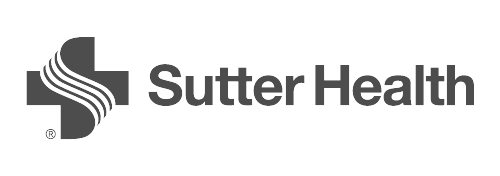Know your patient
Know your drug
Genialis is a precision oncology company helping the most promising molecules become life-saving medicines
Most cancer patients do not benefit from the medicines they take
Most molecules fail in clinical trials

Answer questions like:
Why do some patients improve?
And others get worse?
Do you know your mechanism of action?
What about resistance?
What indications hold the greatest promise?
Could patient stratification enhance clinical success?
Know your patient
Know your drug
Genialis is a precision oncology company helping the most promising molecules become life-saving medicines
Most cancer patients do not benefit from the medicines they take
Most molecules fail in clinical trials

Answer questions like:
Why do some patients improve?
And others get worse?
Do you know your mechanism of action?
What about resistance?
What indications hold the greatest promise?
Could patient stratification enhance clinical success?

Featured Partners
Know your patient
Know your drug
Genialis is a precision oncology company helping the most promising molecules become life-saving medicines


Answer questions like:
Why do some patients improve?
And others get worse?
Do you know your mechanism of action?
What about resistance?
What indications hold the greatest promise?
Could patient stratification enhance clinical success?












